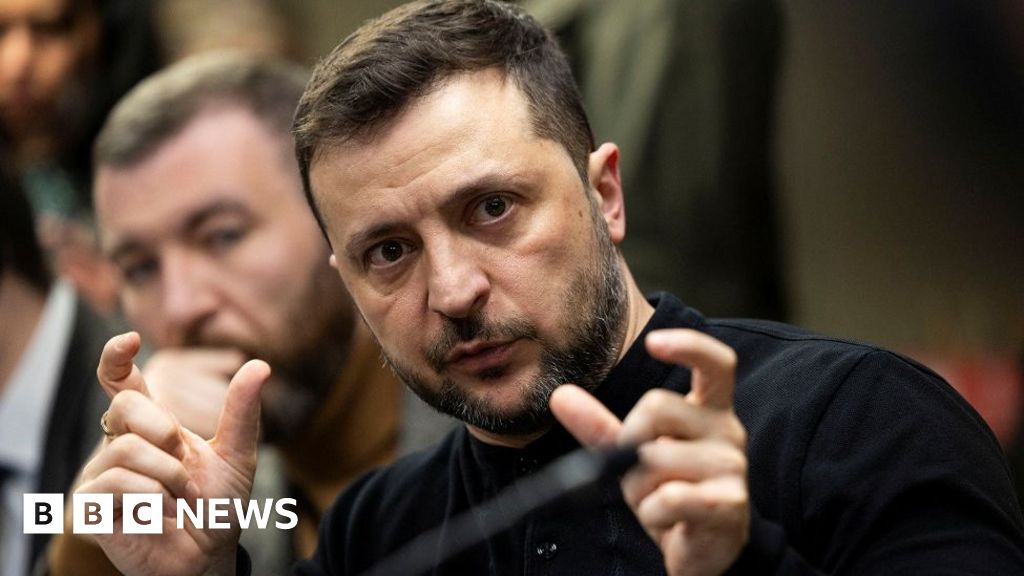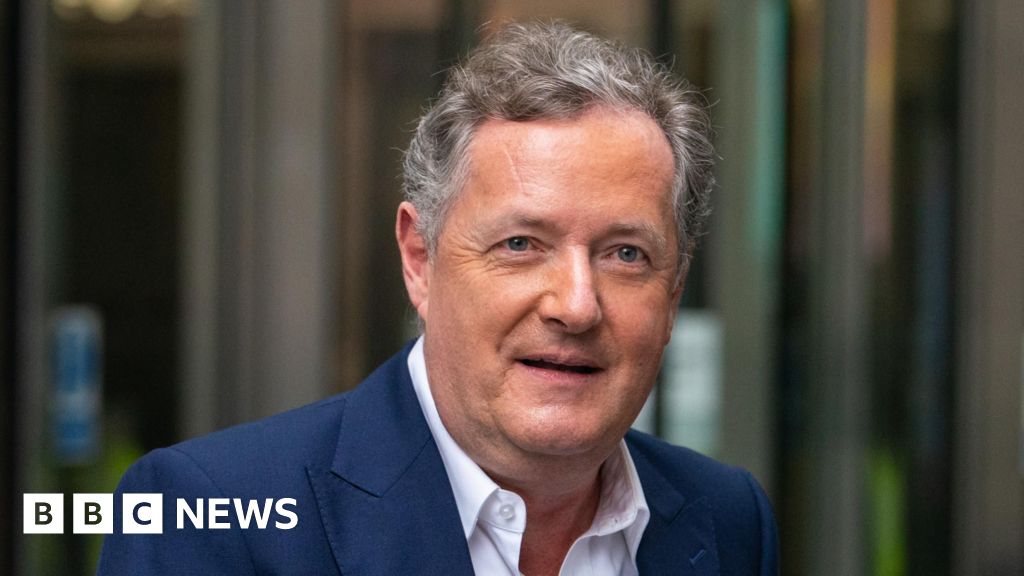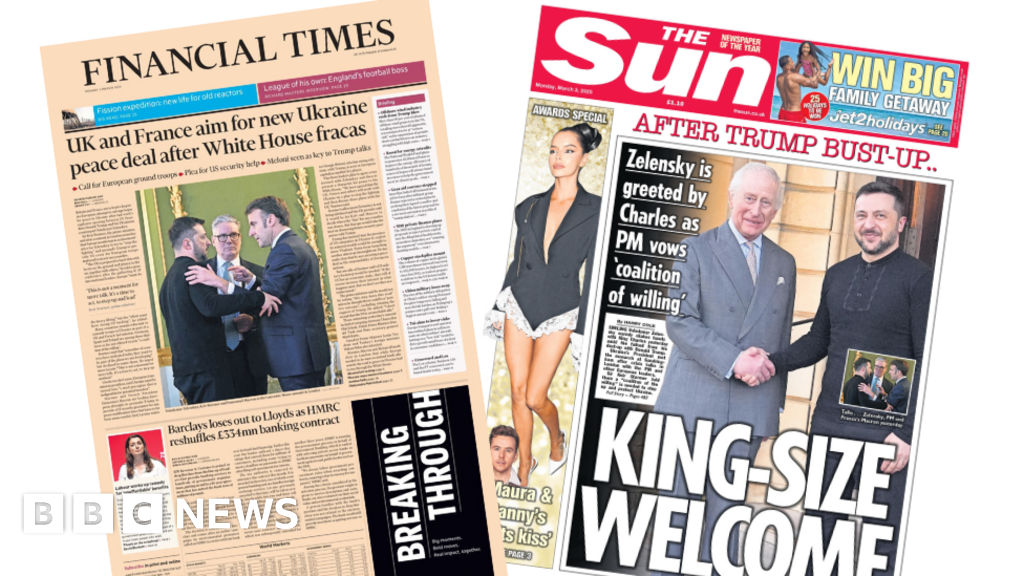
Photo: Netflix
You can almost smell the high-octane fumes of the South African political thriller Heart of the Hunter.
It is no surprise because it is based on the boss of South African pageturners Deon Meyer’s 2002 thriller of the same title — and the film doesn’t steer too far from the original whodunnit.
The iconic motorbike rides through the Karoo and the depth of characters still feature strongly in the celluloid version which premiered on 29 March on Netflix.
It remains the most globally viewed Netflix English language film on the streaming service.
The adaptation includes timely local themes around state capture and growth in surveillance technologies. A retired assassin now working as a motorbike mechanic — Zuko (Bonko Khoza) — is pulled back into action when his friend Johnny Klein (Peter Butler) uncovers a dangerous conspiracy at the heart of the South African government.
As Zuko fights to get back to a normal life with his family, he becomes a corrupt politician’s main target.
From the first scene, grunts and groans set the film’s fast-paced tone. It follows a typical action film template of car chases, unofficial surveillance, bravado and political conspiracies.
The over-familiarity of this template from films such as the Bourne Identity franchise adds to the predictability of the plot.
Every character in the film is fighting for something — power, truth and friendship.
Zuko fights for love and family. He is conflicted between his past life and building a family and farming aspirations. He seeks more out of life to harvest the sweetest of fruits, beyond Special Forces missions to eliminate state enemies.
His character plants the theme of black men’s quest to be present fathers and the fight for black love when sinister forces threaten the family unit.
Assurances by his girlfriend Malime (Masasa Mbangeni), to their son Pakamile (Boleng Mogotsi) that “uzobuya” (he will come back) highlights the fatherlessness plague in black families due to work in faraway lands, mental health pressures, and the void created by secrecy to protect loved ones.
Presidential candidate Daza Mtima (Sisanda Henna) is fighting for political power. Henna is a master chameleon in his ability to embody any character — be it as a ruthless crime-ring boss in Trackers (2019) or a start-up entrepreneur in Inconceivable (2020).
Mtima is illustrative of our corrupted politicians minus the pot belly. What informs this power and fear is ambiguous in his character profile, but the chest-bearing theatrics and grungy voice make up for it. He is a cunning conductor of his environment, with every flick of
a finger, bodies move instantly to fulfil his desires while he masticates on a piece of steak.
“Mo” Kwena (Connie Ferguson), the director of the Presidential Intelligence Agency, is one of the bodies dancing to Mtima’s tunes. Impassive in a black suit, Mo is a proxy carrying out Mtima’s orders to defuse anyone wanting to expose their corruption. Mtima and Mo’s crooked relationship highlights the overreach some government officials have in using state resources for personal political motives.
The film also questions the application of the Zondo Commission recommendations and how accountability is lacking from our political leaders. Self-preservation takes precedence over fulfilling social developmental programmes — a mandate most of our political leaders have forgotten. But remember during election time.
During interviews promoting the film, award-winning director Mandla Dube (Silverton Siege) emphasised how the preparation work was a priority in getting the actors to engage organically before shooting. Along with getting the right lighting, location and wardrobe, the character chemistry was key for Dube.
For instance, before shooting the film, Khoza, Mbangeni and Mogotsi went to church together to solidify the “family unit”. The trust and comfortability in each other translated naturally on screen.
Dube employed a water analogy — rushing river and peaceful pond — in directing the film’s tone and characters. The “river” signified the high-octane scenes and heightened emotions of the characters. The “pond” was the calmer and softer moments in the film.
Zuko, Malime and Pakamile’s characters — the sweetest thing about this film — served as the pond. The chemistry among them was magical. Seeing unforced black love on screen is a blissful afternoon breeze.
The image of Malime among colourful fabrics at the craft market not only brings African aesthetics to the film, but shows the entrepreneurial nature of black women at our country’s economic peripheries.
Dube was intentional in keeping this stunning black love story from the novel. The affection Zuko and Malime sealed with sweet kisses is a portrayal of authentic black love amid political tensions. A testament to our country filled with violence and corruption, yet people still fall in love, laugh and survive as a family dreaming of a better life floating on peaceful ponds.
Dube’s water analogy is also shown in the choice of locations.
Cape Town scenes with high-speed car chases and characters running between airport terminals and taxi ranks show a city bustling like a raging river. The picturesque scenery of the Karoo and Maseru in Lesotho as Zuko rides on his motorbike is cinematically spectacular.
Despite some overacting, a predictable storyline and Malime’s accent — particularly in the interrogation room scene — evoking flares of post-apartheid filmmaking, Heart of the Hunter offers edge-of-your-sofa-excitement. The briefly shown “oath” to Azania and the inverted map with intriguing areas like the Bantu Federation and the Khoi-San Republic demands for a sequel to expand on this mysterious ideology.
Overall, most action sequences were convincing. Stunt drivers were used well, with actors hung from helicopters along with broken pianos, and head wraps as props during some fight scenes.
The film’s huge budget and ample production time show how our local film industry can improve in stunt coordination to produce a quality action-packed film with global appeal.
A household name in literature and film, Meyer’s universe of exhibiting South Africa’s diversity, from Xhosa to Afrikaans nuances is relatable to a variety of audiences.
Fictional characters constructed in his mind aligned with a depth of research make his stories believable both on page and screen.
The creative license employed by Dube and the star-studded cast to reimagine the bestseller into a screenplay is proof of their artistry in storytelling.
 (1).png)
 10 months ago
73
10 months ago
73


















